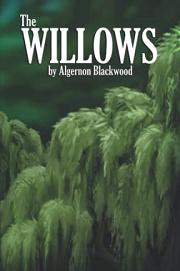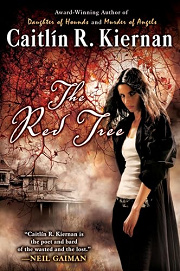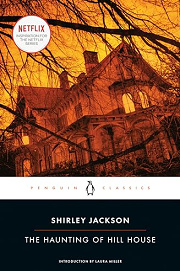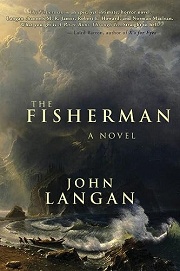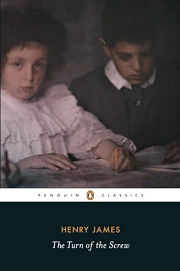Share your thoughts in a quick Shelf Talk!
The Willows by Algernon Blackwood
Two travelers drifting down the Danube find a lonely island where the wind seems to whisper—and watch. Atmosphere thick as fog and terror slow as the current make The Willows a masterpiece of nature’s uncanny menace.
Have you read this book? Share what you liked (or didn’t), and we’ll use your answers to recommend your next favorite read!
Love The Willows but not sure what to read next?
These picks are popular with readers who enjoyed this book. Complete a quick Shelf Talk to get recommendations made just for you! Warning: possible spoilers for The Willows below.
In The Willows, did you enjoy ...
... the unnerving, reality-bending sense that the wilderness is watching and reshaping you?
Annihilation by Jeff VanderMeer
If the sandbar on the Danube and those whispering willow-stands made you feel reality subtly tilting, you’ll love how Annihilation turns Area X into a sentient landscape. Like your unnamed narrator and the Swede sensing "Otherness" among the branches, the biologist’s expedition finds journals that shouldn’t exist, a tunnel that breathes, and evidence that the land itself edits intruders. It’s that same hush of cosmic dread—only deeper in the reeds.
... the idea of nature as an ancient, malevolent intelligence rooted in a single place?
The Red Tree by Caitlín R. Kiernan
In The Willows, the river island feels like a thin spot where something older peers through the twigs; The Red Tree fixes that feeling to a single gnarled oak. Through Sarah Crowe’s found manuscript and journals, the tree’s presence seeps into daily life the way the willows’ rustling unnerves your canoeists—subtle signs, local legends, and a patch of land that refuses to be merely landscape.
... the patient, almost soundless escalation of dread from ambiguous signs and whispers?
The Haunting of Hill House by Shirley Jackson
If the gradual shift from curious eddies to sacrificial sticks and "beings" glimpsed between branches hooked you, Jackson’s slow-burn will, too. Hill House builds the same creeping pressure—knocks in the night, cold spots, writing on walls—while leaving you, as with the Danube ordeal, to decide whether the haunting is supernatural, psychological, or both.
... two travelers on the water uncovering an old river legend that becomes horribly real?
The Fisherman by John Langan
Two men bound by grief, a whispered waterside history, and a place on the map that’s wrong—if the narrator and the Swede’s ill-starred landing on that shifting island gripped you, The Fisherman echoes it on the Ashokan Reservoir. Abe and Dan follow a tale of a drowned valley and a figure called Der Fischer, and the riverine myth swells into the same vast, inhuman scope you sensed beyond the willows.
... living inside a narrator’s anxious mind as the uncanny closes in?
The Turn of the Screw by Henry James
Like Blackwood’s first-person observer whose thoughts spiral as the wind rises through the willow branches, James traps you in a governess’s tightening psyche. Apparitions at the lake, children who may or may not be complicit—each sighting intensifies the narrator’s inner turmoil, mirroring the way the Danube trip morphs into an inward descent as much as an outward haunting.
Unlock your personalized book recommendations! Just take a quick Shelf Talk for The Willows by Algernon Blackwood. It’s only a few questions and takes less than a minute.
